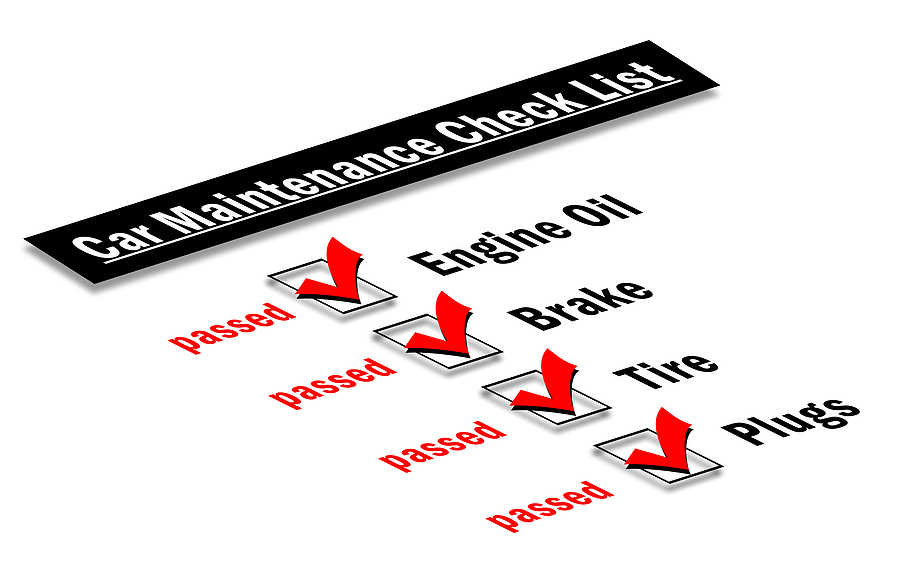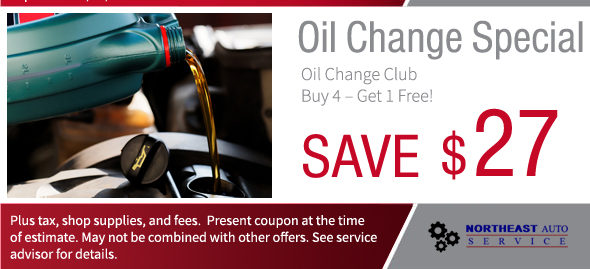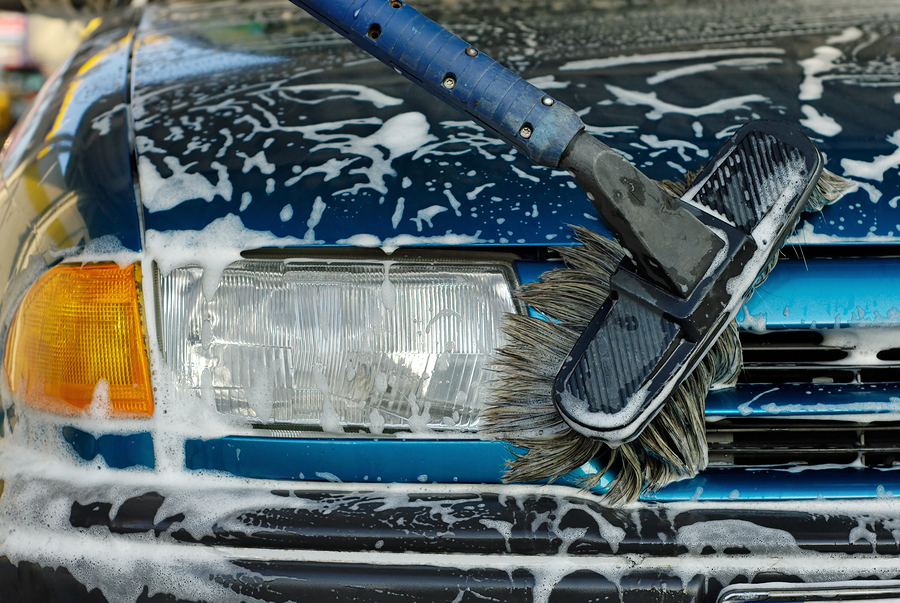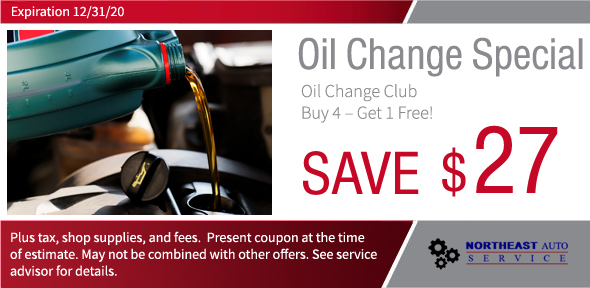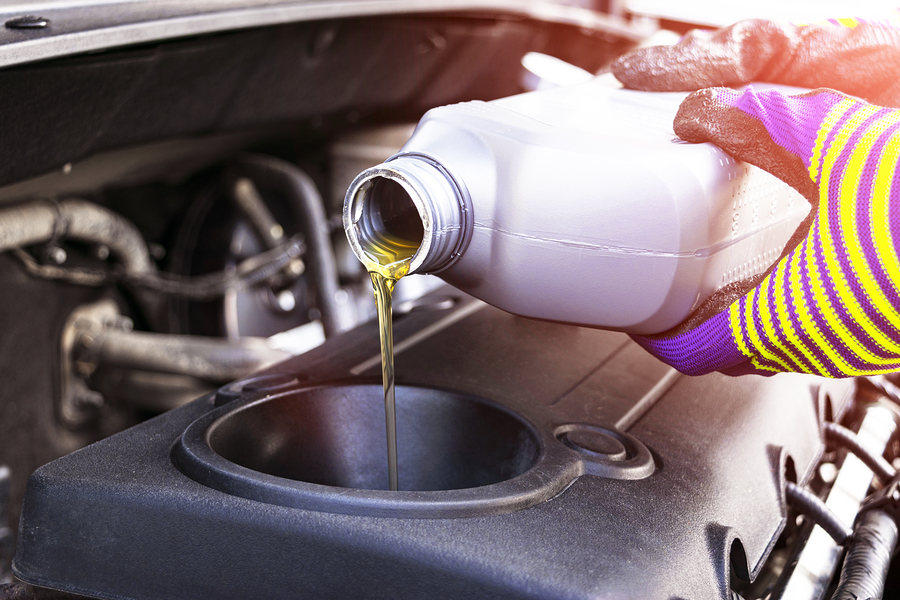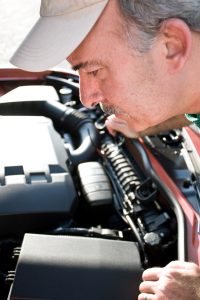Your car battery is the silent hero under your hood, delivering the electrical power needed to start your engine and keep your vehicle running smoothly. When it fails, you’re left stranded—often at the most inconvenient times. Understanding common car battery problems can save you from unexpected breakdowns and costly emergency repairs.
Car battery issues affect millions of drivers every year, but most problems are preventable with proper knowledge and maintenance. Whether you’re dealing with a dead car battery on a cold morning or noticing your engine cranking slower than usual, recognizing the warning signs early can help you address issues before they leave you stuck.
This guide will walk you through the most frequent car battery problems, explain their causes, and provide practical solutions that any car owner can understand. From identifying corrosion to knowing when it’s time for a car battery replacement, you’ll gain the confidence to handle these situations effectively.
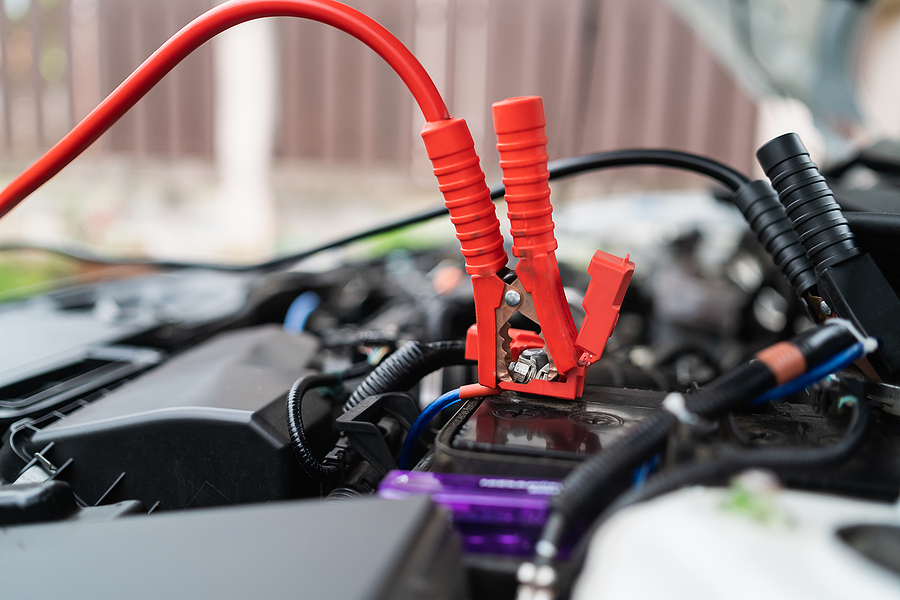
Common Car Battery Problems
Dead Battery
A dead car battery is perhaps the most frustrating automotive issue you’ll encounter. Your car simply won’t start, leaving you stranded until you can get a jump-start or replacement.
Several factors can drain your battery completely. Leaving your headlights, interior lights, or radio on when the engine isn’t running will slowly deplete your battery’s charge. Extreme temperatures, both hot and cold, can also cause batteries to lose their ability to hold a charge effectively. Additionally, as batteries age beyond their typical three to five-year lifespan, they naturally lose capacity.
If you find yourself with a dead battery, jump-starting is often the immediate solution. However, if your battery repeatedly dies, it’s likely time for a replacement. A battery that can’t hold a charge after jump-starting has reached the end of its useful life.
Slow Cranking
When you turn your key and hear your engine turning over more slowly than usual, your battery is sending you an early warning signal. This sluggish cranking sound indicates that your battery doesn’t have enough power to turn the starter motor at full speed.
Slow cranking typically occurs when your battery’s voltage drops below optimal levels. This can happen due to age, cold weather, or a charging system that isn’t properly maintaining your battery. Pay attention to this warning sign—it often appears weeks or even months before complete battery failure.
The solution depends on the underlying cause. If cold weather is the culprit, your battery may perform normally once temperatures rise. However, if slow cranking persists in moderate temperatures, consider having your battery tested and potentially replaced before it leaves you stranded.
Corrosion
Battery terminal corrosion appears as a white, blue, or greenish buildup around the metal terminals where your battery cables connect. This corrosion occurs when battery acid vapors escape and react with the metal components, creating a crusty substance that can interfere with electrical connections.
Corrosion reduces the efficiency of your electrical system and can eventually prevent your car from starting. The buildup creates resistance in the connection, reducing the amount of power flowing from your battery to your starter and other electrical components.
Cleaning corrosion is straightforward but requires safety precautions. Always wear gloves and eye protection when handling car battery maintenance. Disconnect the battery cables (negative terminal first), then clean the terminals with a mixture of baking soda and water. Use an old toothbrush to scrub away the buildup, then rinse with clean water and dry thoroughly before reconnecting the cables.
Swollen Battery
A swollen or bloated battery case is a serious problem that requires immediate attention. This swelling occurs when excessive heat causes the battery’s internal components to expand, or when the battery is overcharged repeatedly.
High temperatures under the hood, especially during summer months, can cause battery cases to expand. Faulty charging systems that overcharge the battery can also lead to swelling. A swollen battery is often a sign of internal damage and should be replaced promptly.
Never attempt to use a visibly swollen battery, as it may leak acid or even rupture. Replace it immediately and have your charging system checked to prevent the same problem from occurring with your new battery.
Book Your Next Service Today! ⛍
Car Battery Replacement Options
When your battery reaches the end of its life, you’ll need to decide between purchasing a used car battery or investing in a new car battery. Each option has distinct advantages and considerations.
Used Car Batteries
Used car batteries offer an economical solution for drivers on a tight budget. Typically priced between $50 and $150, depending on the model and any remaining warranty, they can provide temporary relief when money is tight.
However, used car battery purchases come with uncertainty. You may not know the battery’s history, how it was maintained, or how much life remains. Used batteries usually carry limited warranties, often ranging from 30 to 90 days, which may only cover basic functionality rather than performance issues related to age.
Consider a used car battery if you’re driving an older vehicle that may not justify the investment in a new battery, or if you need a temporary solution while saving for a better replacement.
New Car Batteries
New car batteries represent the most reliable long-term investment for your vehicle. Priced between $100 and $300, depending on the brand, type, and warranty options, they offer peace of mind and predictable performance.
Popular brands like Duracell, DieHard, Duralast, and Napa provide quality options with comprehensive warranties. New car batteries typically come with warranties ranging from one to three years, with some brands offering pro-rated warranties extending up to five years.
When selecting a new battery, consider the type that best fits your needs. Lead-acid batteries remain the most common and affordable option for most vehicles. AGM (Absorbed Glass Mat) batteries offer superior performance and longer life but cost more initially. Lithium-ion batteries provide the latest technology with excellent performance but come with the highest price tag.
Professional installation typically costs an additional $20 to $50, though many retailers offer free installation with purchase. Factor in disposal fees for your old battery, which most shops will handle as part of the replacement process.
Preventative Car Battery Maintenance
Regular maintenance can significantly extend your battery’s life and prevent unexpected failures. Simple checks and proper care habits will save you money and inconvenience.
Inspect your battery terminals monthly for signs of corrosion. Clean any buildup immediately using the baking soda solution method described earlier. Ensure your battery is securely mounted in its tray to prevent vibration damage, which can shorten battery life significantly.
Check your battery’s voltage periodically, especially before long trips or during extreme weather conditions. A healthy battery should read around 12.6 volts when the engine is off. Many auto parts stores offer free battery testing if you don’t own a multimeter.
Your driving habits also affect battery longevity. Limit short trips when possible, as they don’t allow your alternator enough time to fully recharge the battery. If you don’t drive frequently, consider using a battery tender or maintainer to prevent the natural discharge that occurs when vehicles sit unused.
Car battery fluid levels should be checked in serviceable batteries. If levels are low, add distilled water carefully, avoiding overfilling. However, many modern batteries are sealed and don’t require fluid maintenance.
Safety First: Handling Car Batteries Properly
Working with car batteries requires attention to safety due to the presence of sulfuric acid and the potential for electrical hazards. Always wear safety glasses and gloves to protect against acid splashes and harmful fumes.
Ensure your vehicle is turned off with keys removed before beginning any battery work. When disconnecting cables, always remove the negative terminal first to prevent electrical shorts. Work in a well-ventilated area, as batteries can emit dangerous gases.
Never smoke or bring open flames near a battery, as hydrogen gas can accumulate and create an explosion risk. If you’re uncomfortable performing battery maintenance yourself, don’t hesitate to seek professional help.
Conclusion
Understanding car battery problems empowers you to maintain your vehicle’s reliability and avoid unexpected breakdowns. Regular inspection, proper maintenance, and timely replacement when necessary will keep you on the road with confidence.
Whether you choose a used car battery for budget-conscious relief or invest in a new car battery for long-term reliability, addressing battery issues promptly prevents more costly problems down the road. Remember that your battery is just one component of your vehicle’s charging system—if you’re experiencing repeated battery failures, have your alternator and charging system inspected as well.
Don’t wait for your battery to leave you stranded. Schedule a battery checkup with Northeast Auto Service to ensure your vehicle starts reliably every time you turn the key.
Schedule a Battery Check-Up Now!
Related Post: How to Choose the Perfect Car Battery: A Step-by-Step Guide


